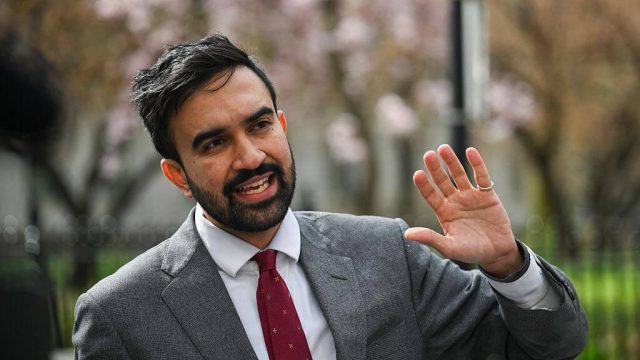Setting a structural agenda for a green economic recovery from COVID-19
An updated discussion paper published with the Partners for Inclusive Green Economies (PIGE) group for governments and policymakers

From the perspective of 2022 the trajectory of the global recovery from the pandemic is more uncertain, not less. Variable access to treatments and vaccines, as well as differing mitigation strategies, has set in motion highly divergent economic recoveries in the global north, south, east and west.
It is in this context of multiple risks that political priorities have begun to move beyond the COVID moment to concerns around inflation and regional conflict in Ukraine, even as many countries are facing new COVID variants and yet further escalations in health and economic crises. ‘Greening’ of this recovery is consequently a challenge with many facets, and calls simultaneously for structural responses and local solutions that can account for the systemic scale of the challenge, and sheer diversity of national experience.
This paper attempts to provide some context and a framework for a green recovery agenda that can exist beyond the short term imperatives of emergency actions, stimulus packages, and bailouts. This agenda has learned the hard lessons of the 2008-10 financial crisis, and seeks to seize this moment to mainstream essential green priorities and policies into the post-crisis agenda.
“ Greening of this recovery calls simultaneously for structural responses and local solutions that can account for the systemic scale of the challenge, and sheer diversity of national experience.”
This updated discussion paper was prepared by the GEC with the support and collaboration of members of the informal Partners for Inclusive Green Economy (PIGE) initiative. Though the GEC recognise and are grateful for indispensable support in preparing materials for this paper, the GEC is wholly responsible for its content, any views expressed, and any errors/omissions present. As a working paper, this publication should be viewed as an iterative document with provisional, tentative analysis that will be subject to further peer-review and revision.
Partners for Inclusive Green Economy is an initiative involving:
- UN Environment,
- the Deutsche Gesellschaft für Internationale Zusammenarbeit (GIZ),
- the Global Green Growth Institute (GGGI),
- the Green Economy Coalition (GEC),
- the Green Growth Knowledge Partnership (GGKP),
- the International Labour Organization (ILO),
- the Organisation for Economic Co-operation and Development (OECD),
- UNDP-UNEP Poverty-Environment Action for SDGs (Poverty-Environment Action),
- the United Nations Development Programme (UNDP),
- the United Nations Industrial Development Organization (UNIDO),
- the United Nations Partnership for Action on Green Economy (UN-PAGE),
- and the United Nations Research Institute for Social Development (UNRISD).
The partnership shares a vision of a green economy that provides prosperity for all within the ecological limits of the planet, based around the Five Principles of Green Economy.


